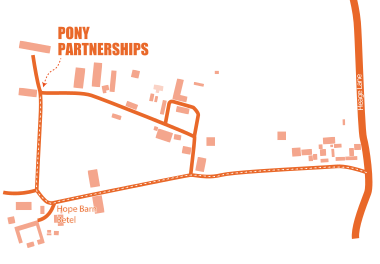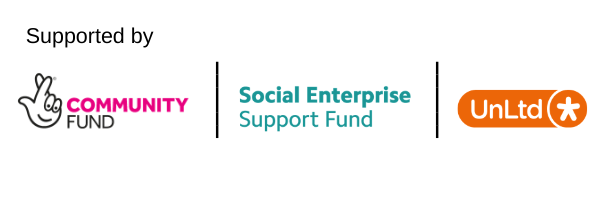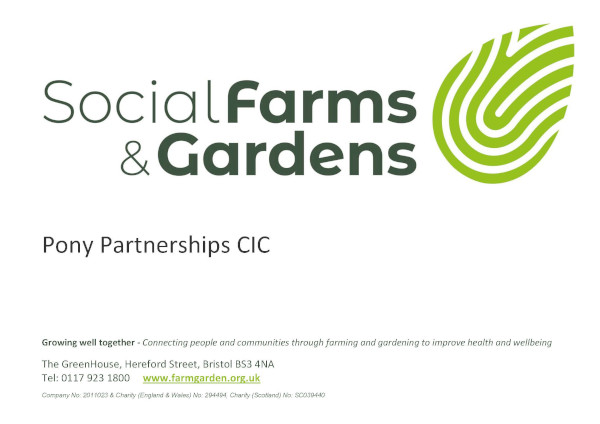Applying the skills learned in equine therapy to everyday life
Posted 18 Oct 2017
The principles that apply to building a relationship with a horse transfer to healthy human relationships. Working with horses can this can be a more safe way to address relational difficulties that can later be transferred to other people. People often repeat patterns of relating when working with a horse; the non-judgemental response of the horse can make it easier for clients to identify how they create those same problems in relationship with themselves and others, taking appropriate responsibility for the relationships in their lives. This process can help people to address and move through past or present damaging life circumstances, understand how those circumstances affect their current interactions, and make the personal changes necessary for healthy, fulfilling relationships in the present and future. Where group work is appropriate, this will also provide an environment to practice the development of practical, informal networks that allow clients to receive advice, make friends, reduce isolation and grasp positive opportunities.
Within the LEAP model in which I am trained, clients may take part in activities that give them the opportunity to develop mutually trusting, respectful relationships with the horses. This will start from the first session with activities like Meet the Herd and Equine Reflection. As the client moves through the model into activities such as Active and Reflective Round Pen, the need for enhanced skill in managing these relationships is necessary. The skills necessary to participate in these activities help equip the client with transferable skills, “for example, the need to communicate with a horse calmly and non-reactively promotes the skills of emotional awareness, emotion regulation, self-control, and impulse modulation” (Marx & Cumella, 2003, p. 144).
The equine participants in EFP present a different sort of other who can help clients interrupt unhelpful ways of being and foster moments of responsivity that hold the power to become transformative (Vannini and Waskul, 2006). The opportunity to experiment with, and modify interactions between human and horse can help the client explore preferred ways of being and interacting that can act as resources for future, as well as current, experiences.
It is the therapist’s responsibility to assist clients in assimilating newly learned skills and behaviours into their daily lives and to continuously assess progress toward treatment goals. Horses and the staff provide the client with positive reinforcement through verbal and nonverbal feedback, attention, approval, and reward as their role-play behaviours become more constructive, effective, and skilled.These skills have the potential to be learned quickly, when introduced in a non-punitive manner through interactions with horses (Gergely, 2012).
An EFP client may be required to relate to the other in ways outside of their corporeal repertoires (Sharpe and Strong, 2015); these moments of difference can help create new, and more adaptive, corporeal habits.
“The embodied phenomenological self of lived experience is a source of meaning that can enable the discovery of new or forgotten experiences and narratives, which can challenge a number of psychosomatic issues and show us new ways to go on.”
(Sharpe and Strong, 2015, p.110)
Gergely, E.J. (2012) Equine-Assisted Psychotherapy: A Descriptive Study. (Doctoral Dissertation). Available at:http://scholarworks.wmich.edu/cgi/viewcontent.cgi?article=1111&context=dissertations. (Accessed 29 June 2017).
Marx, R. D., & Cumella, E. J. (2003). Questions and answers. Eating Disorders: The Journal of Treatment and Prevention, 11(2), pp.143-147.
Sharpe, H., and Strong, T. (2015) Embodied relating and transformation: tales from equine-facilitated counselling. Sense Publishers: Rotterdam, NL.
Vannini, P., and Waskul,D. (2012) Body/Embodiment: Symbolic Interaction and the Sociology of the Body. Ashgate Publishing, Ltd: Farnham, UK.



















